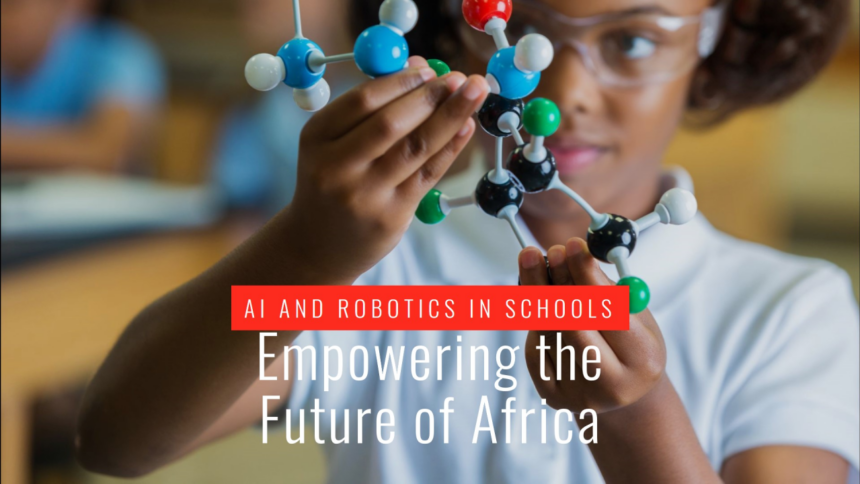As the world hurtles towards a digitally-driven future, the conversation surrounding the integration of Artificial Intelligence (AI) in education has gained unprecedented momentum. In Africa, where educational systems face a variety of unique challenges, the question arises: Should schools allow students to use AI to enhance their learning? The answer is a resounding yes, backed by compelling evidence and real-world examples that underscore the immense potential for progress.
Understanding the Current Landscape
Africa is home to some of the fastest-growing populations in the world, with UNESCO estimating that the continent will have the largest youth population by 2030. However, many educational systems face significant hurdles, including inadequate resources, limited access to technology, and a lack of trained educators. In this context, AI technologies can serve as a game-changer, providing tailored learning experiences and making quality education more accessible.
The Benefits of AI in Education
- Personalized Learning: AI has the capability to adapt educational content to meet the diverse needs of students. For instance, platforms likebrilliant.org and Khan Academy use algorithms to analyze students’ performance and provide customized exercises aimed at filling knowledge gaps. This individualized approach can be particularly effective in African nations, where large class sizes often hinder personalized attention from teachers.
- Resource Efficiency: Volunteers and NGOs such as “Africa Code Week” have initiated projects that harness tech to improve education. By integrating AI tools, schools can make the best use of limited resources. For example, AI-powered educational games can engage students more effectively than traditional methods, leading to better retention and understanding of complex concepts.
- Bridging Language Barriers: Many African countries are multilingual, often with students learning in a second or third language. AI can facilitate language learning through translators and language learning apps like Duolingo, enabling students to understand course material more effectively and fostering better communication among peers.
- Access to Global Knowledge: The internet, powered by AI, offers students access to a wealth of information that was previously out of reach. Educational resources such as Coursera and edX provide courses from esteemed institutions around the world. For students in rural areas, this democratization of knowledge can be transformative.
Case Studies Demonstrating the Efficacy of AI in Education
Several African nations are already testing the waters of AI in education with promising results. In Kenya, for instance, the “M-Shule” platform employs AI to deliver personalized learning experiences via SMS. This initiative is particularly impactful in regions with limited internet access, ensuring that learners can still benefit from technology without the requirement for a computer or stable internet connection.
In South Africa, the “uLesson” app has gained traction, providing students with interactive video lessons tailored to national curricula. By utilizing AI algorithms to assess student performance, uLesson helps learners understand their weaknesses and focus on areas that require improvement.
Addressing the Challenges
While the promise of AI in education is compelling, there are legitimate concerns that need addressing. These include data privacy, the digital divide between urban and rural areas, and the potential for over-reliance on technology. Schools must implement robust policies to manage student data ethically and ensure that AI tools are equitably available to all students, regardless of their geographic location.
Moreover, teacher training is paramount. Educators must be equipped not only to use AI tools effectively but also to integrate them meaningfully into the curriculum. Investment in teacher professional development can empower instructors to be facilitators of learning in a tech-enhanced environment.
Conclusion: A Step Towards Progress
In conclusion, the integration of AI in African schools has the potential to overcome significant educational challenges, fostering personalized learning, resource efficiency, and greater access to knowledge. By embracing these technologies thoughtfully and inclusively, African nations can empower their youth, enabling them to thrive in a global digital economy.
As policymakers, educators, and communities ponder the future of education, one thing is clear: allowing students access to AI tools can pave the way for unprecedented growth and opportunities, laying the groundwork for generations to come. The future of education in Africa should not shy away from innovation; it should wholeheartedly embrace it.
Email Us on editorial@nnafrica.com













